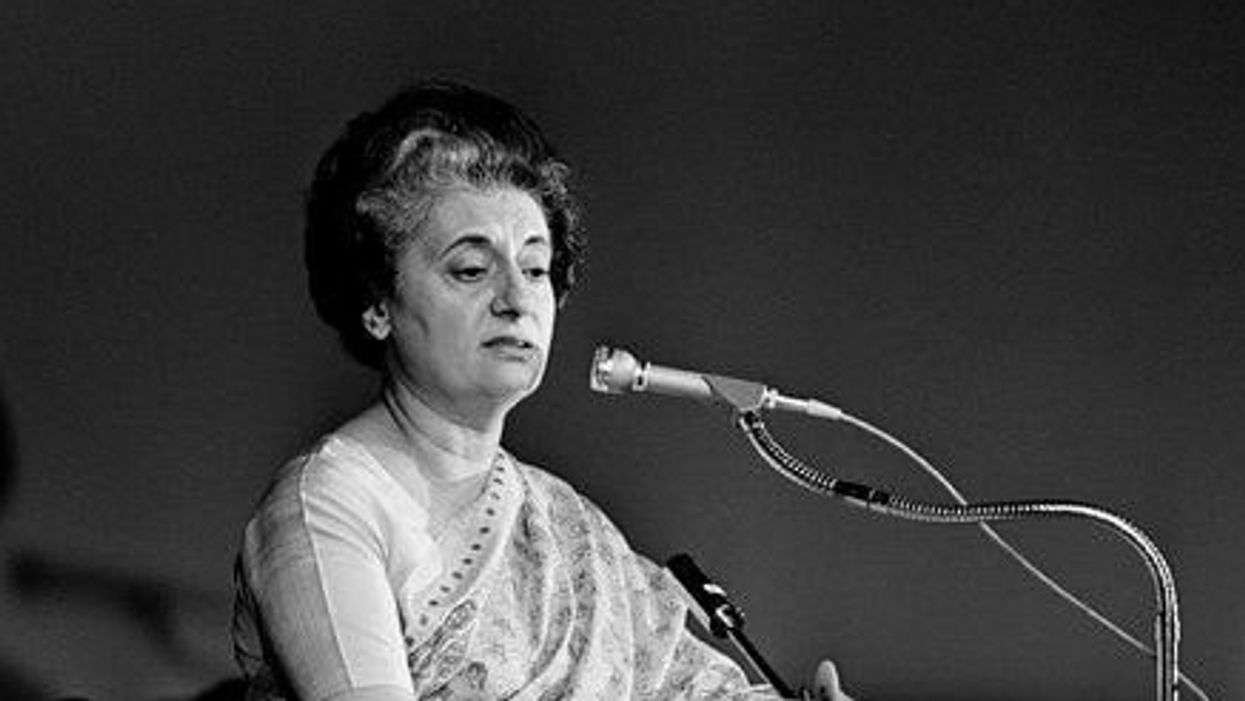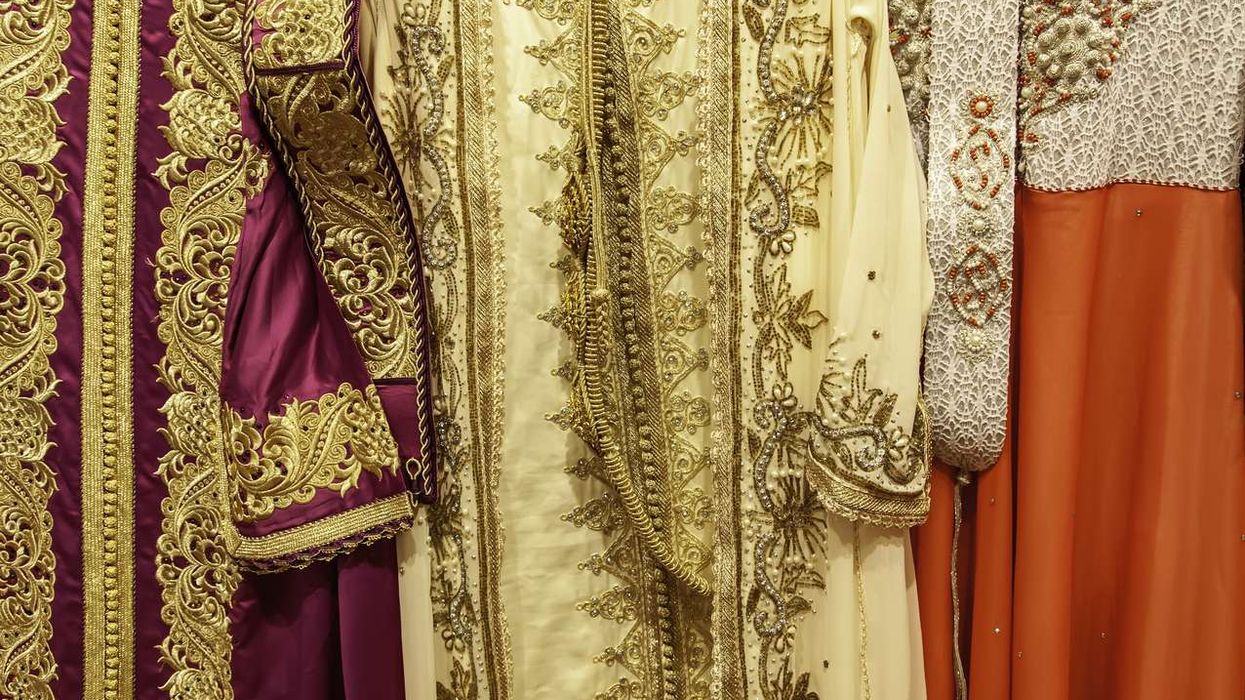The former PM of India, Indira Gandhi, declared a state of emergency in 1975. In London, the newly formed Friends of India Society was organising protests and campaigning for the restoration of democracy. On Saturday, 24 April 1976, an international conference was held at Alexandra Palace.
Shiva Naipaul, the famous Trinidadian writer of Indian origin, wrote the following article in The London Times newspaper. Here is a brief summary of what he wrote:
A Philosophical Threat to Mrs Gandhi’s Political Power
The event was a well-organised affair. Each centre of Indian settlement in this country—Coventry, Bradford, Leicester and Southall—supplied a delegation. In addition, there were overseas delegates from a dozen countries, including solitary representatives from Venezuela and Hong Kong. On the other hand, the strength and quality of its (Friends of India’s) democratic convictions remain an altogether more debatable proposition.
"Take the delegate from Croydon. (That is me!) He was a young man dressed in traditional style—white pyjama trousers and white kurta. Surveying his fellow delegates from the rostrum, he exuded fearless conviction. Ever since the granting of independence, he observed, relentless efforts had been made to suppress the Hindu view of life. His voice rose as he warmed to his theme. 'All the history books will tell you that Alexander the Great defeated Porus. But it was the other way round. It was Porus who defeated Alexander. Through the distortions of so-called history, a sense of defeatism has been instilled in the Indian people.' It was a speech devoid of logical coherence (!). But the applause was loud and passionate."
Shiva Naipaul concluded the article by saying that with this type of opposition, Indira Gandhi had nothing to worry about in terms of power politics.
Well, history has proved Shiva wrong. India has become a mature democracy, a role model to most countries in the world, and a world economic and cultural power. Shiva himself acknowledged that India had proved him wrong.
P.S. On one occasion, on a bitterly cold winter morning, we demonstrated outside the Indian High Commission. We decided to go for a coffee and left our banners on the corner of a nearby shop. When we came back, the banners were gone. To coordinate a united opposition to the Emergency, Jayantibhai Patel held discussions with the Communist Party of India, London chapter. They would open the discussion with a quotation from a book of Marx or Mao! Jayantibhai told me that sometimes in later years, he would bump into them at grocery shops.
(Nitin Mehta is a writer and commentator on Indian culture and philosophy. He has contributed extensively to discussions on Hinduism, spirituality, and the role of Gurus in modern society. You can find more of his work at www.nitinmehta.co.uk.)




